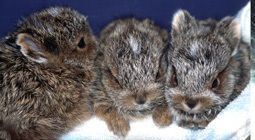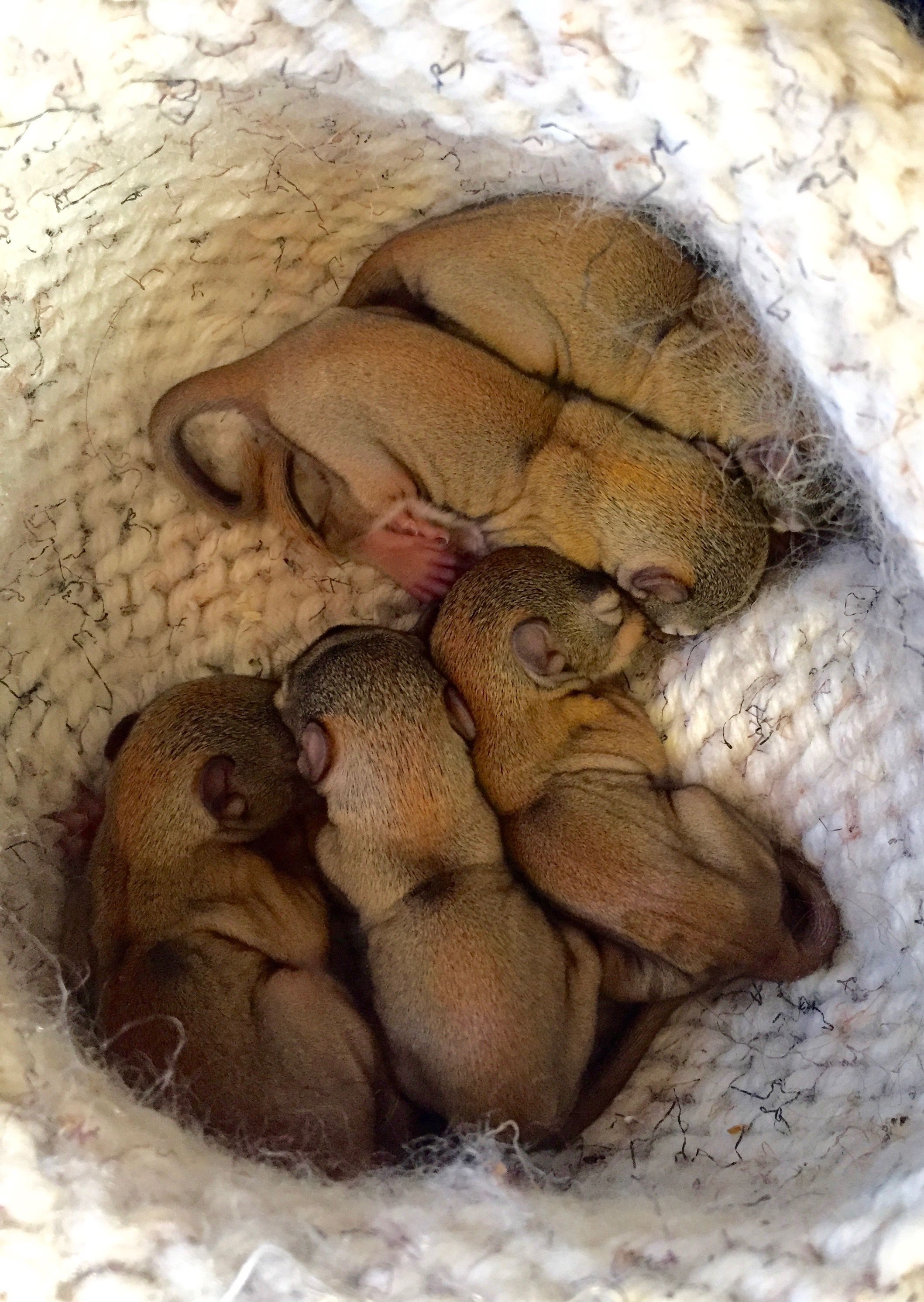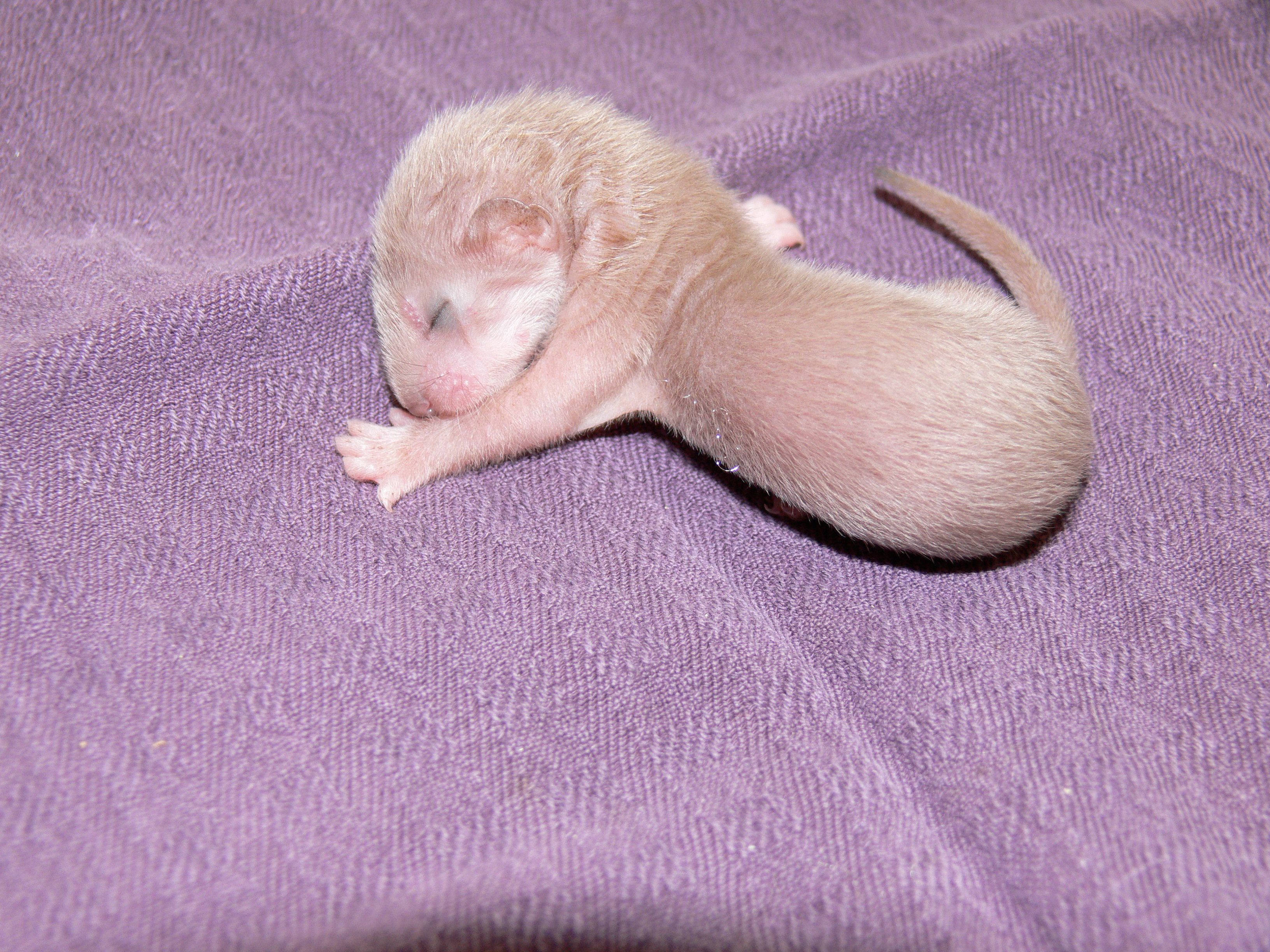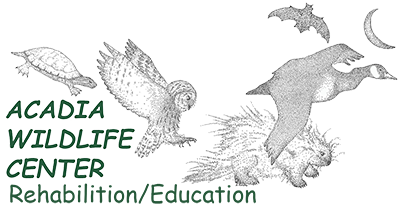Mammals
Most mammals are raised by their mothers, making it her sole job to keep the baby safe, and find enough food for herself and her young. Her young are very vulnerable during this time, to disturbance from humans, and attacks from predators, therefore, many baby animals instinctively remain quietly where their mother has left them, their lack of movement being their only protection.

Fawns and rabbits are prime examples of baby animals who lie very still for safety and should never be touched or moved. You may never see a mother, but the satisfied behavior of the baby is proof of her care. If a fawn at a young age is on its feet and crying, put all pets indoors, and consult with a rehabilitator. If a rabbit nest has been disturbed, remake it in exactly the spot where it was found, place the babies inside, and lay a single piece of grass across the opening to check if the mother has come back during the night. By the time a young rabbit is the size of a woman’s fist, they are out of the nest, and it is normal for them to be in your backyard, and normal for them to freeze in shock when they see you. Again, put all pets inside, postpone mowing for another time, and leave the baby alone.

These prey species often use the proximity of humans or roads to leave their young, as it is safer than exposing them to predators. It is not unusual to see fawns curled up in your flower beds, next to a busy road, in an open greenhouse, or on a front porch. If there is an immediate problem, such as a fawn lying in a parking lot, call a rehabilitator for advice. If a fawn is crossing a road, let it pass as the mother is probably just out of sight waiting for it.
Other baby mammals should be in a nest, tucked away from humans with full tummies.

If a baby mammal is alone, in the open, and cold, it needs help. It may be able to be reunited with its mother, but advice will be necessary as each species is different. Wear gloves, and put the baby in a box, with a warm, soft cloth, some sort of external heat source, and put the box in a warm room away from noise and pets. Give no food, formula, or water. Do not allow children or adults to handle the baby as animals can carry diseases, as can humans, and can die from the stress of being treated as a pet. Call a rehabilitator.

